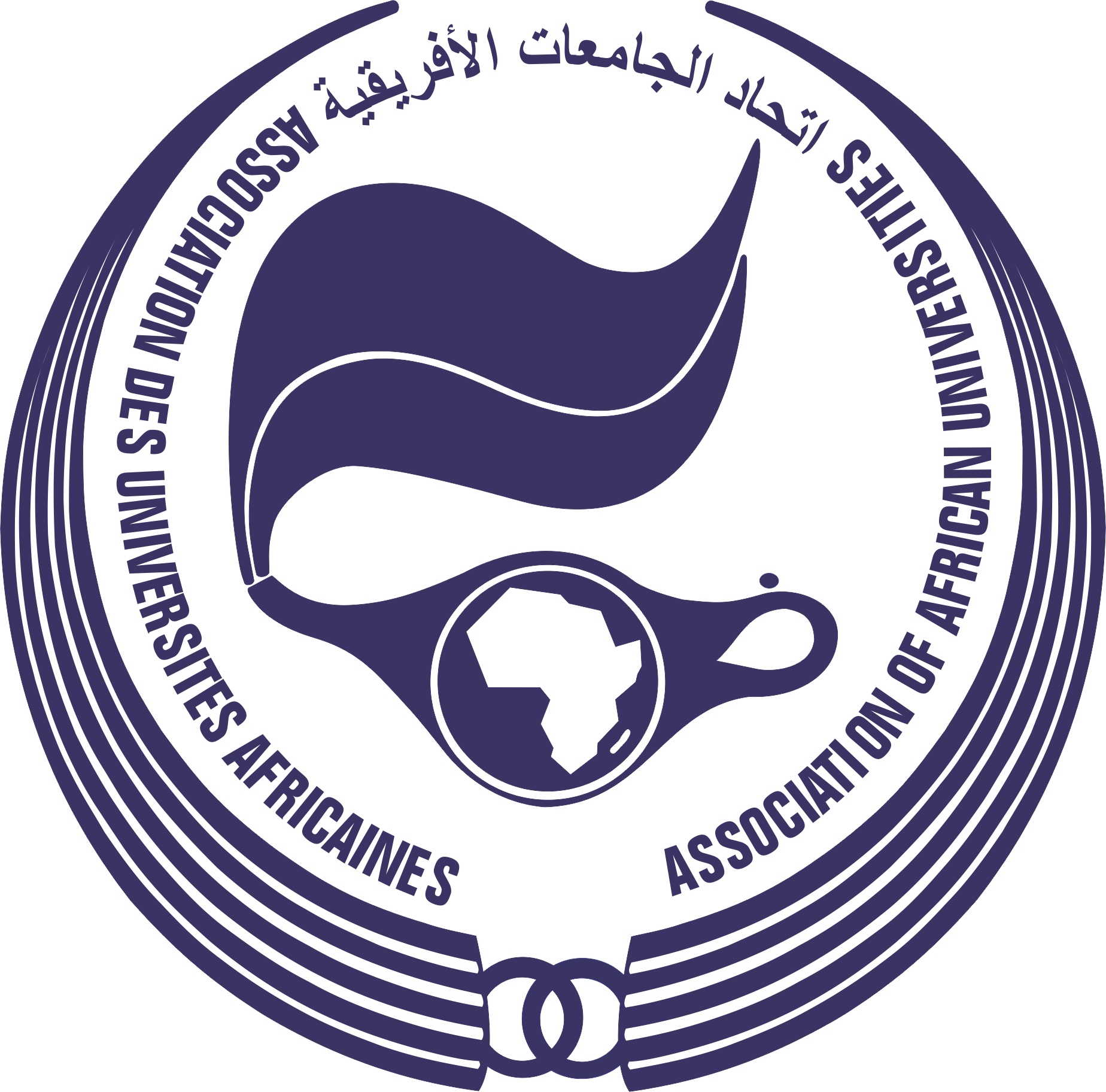The project to map research infrastructure and enhance the resilience of science systems in sub-Saharan Africa was funded by the International Development Research Centre (IDRC) for a total budget of US$150,000 and it ran from 2021 to 2023.The overarching goal of the project was to investigate the current research infrastructure landscape, both physical and virtual, in Africa and make recommendations to guide the formulation, implementation and governance of new policies and practices, as well as revision of existing ones, in this area.
Key findings and recommendations
- RIs in African HEIs must be conceptualised, designed, operated and managed as a strategic capability, with a long-term view and in a co-creation manner – involving HEIs, industry, government (Triple Helix) and other actors of the ecosystem. Taking this approach can help improve governance, enable collaboration, foster innovation, improve operation, reduce duplication and enhance regulatory compliance and policymaking.
- Collaborative governance and joint management of RIs will help ensure equity in access, reduce marginalisation and achieve the goal of leaving no one behind.
- Governments across Africa need to develop long-term strategic roadmaps for RIs development, alongside R&D and STI ecosystems strengthening. Currently, the majority of international donor funds for research do not include provisions for RIs development as they focus, predominantly, on the implementation of research projects. This dependence on development partners must change as it has implications for the development, sustainability, resilience and science systems strengthening in Africa. Addressing the many gaps identified in our findings require interventions on many fronts and active collaborations.
- Collaboration in this sense must go beyond HEIs but also involve an invitation to the private sector to share experiences and expectations with HEIs and R&D. In addition, there a is need to develop and promote virtual infrastructure (e.g., virtual libraries and digital technologies) as this can help enhance access to resources for STEM research. And encourage collaboration among universities and research centres.
- Rather than rely on Europe and other continents, the promotion of intra-Africa collaboration is vital. Aside from the advantage of joint fiscal strength to develop RIs, it will encourage sharing, promoting unity, research, and development in SSA. Intra-Africa collaborations can help address current gaps and provide relevant solutions for the region.
- In addition, intra-Africa collaboration can help promote capacity building to attain a critical mass. The gap between Anglophone and Francophone Africa would also reduce, if this was promoted against the colonial legacy. Collaboration was considered beneficial and a key source for resourcing RIs and promoting research and development. The existing collaborations must be strengthened and enhanced within countries and across countries.
- Research and knowledge sharing at institutional, national, and global levels is the bedrock of innovations. This calls for strategies to provide free and better access to knowledge. Open access must be promoted in respect of published literature and bibliographic databases for the benefit of African scientific institutions where funding for accessing these knowledge resources is limited or even lacking.
- As captured in the Continental Education Strategy for Africa 2016-2025 (CESA 16-25), there is now increased recognition, at high policy levels, of the importance of RIs in achieving Africa’s socioeconomic development objectives. This improved awareness and recognition is essential to strengthening and prioritising the development of RIs across the continent. Nevertheless, it is far from clear how best to formulate, implement, evaluate and govern policies, strategies and frameworks on RIs at regional and continental levels to ensure mutually reinforcing and complementary benefits for countries in Africa.
- Adequate RIs are vital for Africa’s excellence in research that contributes to addressing Agenda 2063 and global challenges encapsulated in the United Nation’s global Sustainable Development Goals (SDGs). Therefore, the development, management and governance of RIs in Africa must be at the core of the national, regional and continental efforts to advance Africa on the economic, social and environmental fronts.
- High-quality research is not only essential to generate innovation and contribute to achieving national development and economic priorities; it is also fundamental to realising the SDGs. In Africa, universities have emerged as the leading RIs amenities. The disruptions in research, teaching, and learning in HEIs brought about by the COVID-19 pandemic have brought to fore the importance of quality RI in Higher Education. The disruption also exposed the gaps that need to be addressed swiftly to position Africa at a place where it will fully take advantage of technological revolutions for its prosperity. Our findings bring us to several recommendations that can enhance the resilience of science systems in Sub-Saharan Africa.
